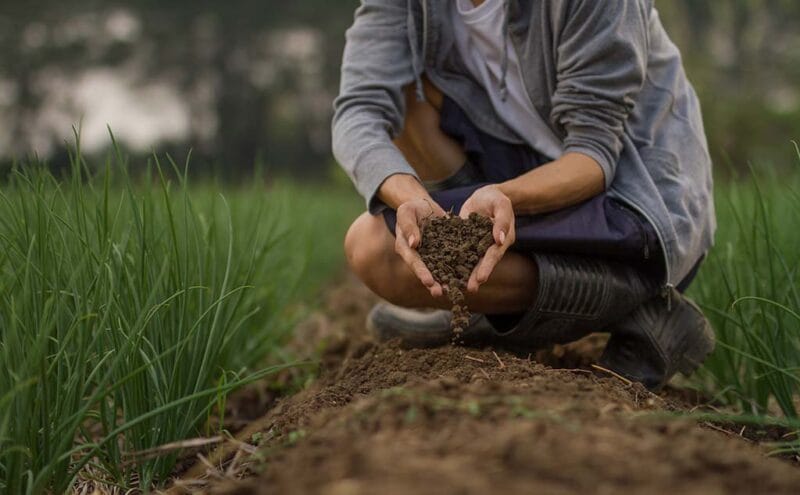The first Mediterranean regional conference on agroecology of the international initiative “4 for 1000” was launched on Tuesday in Rabat, under the theme “Together, let’s support soil health in the Mediterranean context.”
The meeting opened in the presence of the Secretary General of the Ministry of Agriculture, Maritime Fisheries, Rural Development, and Water and Forests, Redouane Arrach, providing the attending experts with the opportunity to address the major environmental challenges facing the Mediterranean, including soil degradation, dwindling water resources, and the increasing impact of climate change on agriculture.
They also emphasized the importance of carbon sequestration in soils and sustainable agricultural practices as an effective means to tackle these challenges while strengthening the resilience of food systems.
Speaking on this occasion, Mr. Arrach specified that agroecology appears as an innovative solution to the issues at hand, offering a production model that reduces negative environmental impacts by respecting ecological cycles and preserving biodiversity.
He added that the Ministry of Agriculture, Maritime Fisheries, Rural Development, and Water and Forests is committed through the Generation Green and Forests of Morocco strategies to promote agroecological transition as an approach aimed at reconciling agricultural practices with the preservation of ecosystems, biodiversity, and natural resources.
For his part, the executive secretary of the international initiative “4 for 1000,” Paul Luu, highlighted natural solutions, particularly one promoted by this initiative based on the natural principles of photosynthesis, which aims to capture excess atmospheric carbon dioxide through plants while regenerating soils.
Abdelaziz El Hraiki, the director of the Hassan II Agronomic and Veterinary Institute (IAV), emphasized the importance of this conference, which focuses on crucial issues for Mediterranean agriculture such as soil health, carbon sequestration, and agroecological transition.
Teodoro Miano, the Secretary General of the International Center for Advanced Mediterranean Agronomic Studies (CIHEAM), highlighted the direct impact of climate change on life, property, jobs, and personal commitments of each individual, thus compromising the entire food system and profoundly impacting local economic and social environments.
Furthermore, Xavier Pacholek, the representative of the regional economic service of the French embassy in Rabat, noted that agricultural and food systems in the Mediterranean have faced major crises in recent years, stressing the need to strengthen their resilience by adopting solutions that maintain healthy soils.
This conference was co-organized with CIHEAM, the International Organization of Vine and Wine (OIV), IAV Hassan II, the French Ministry of Agriculture, Food Sovereignty and Forests, the International Center for Agricultural Research for Development (CIRAD), the National Research Institute for Agriculture, Food and Environment (INRAE), the National Institute of Agronomic Research in Morocco, the International Center for Agricultural Research in the Dry Areas (ICARDA), the Foundation for Agriculture and Rurality in the World (FARM), and the Agricultural Credit of Morocco.
Held over two days, the conference will result in the proposal of a pathway for implementing policy into action, through a regional “4 for 1000” roadmap. This will also serve to formulate recommendations regarding soil health and agroecology that will be examined during the CIHEAM ministerial meeting taking place on October 25 in Rabat.


